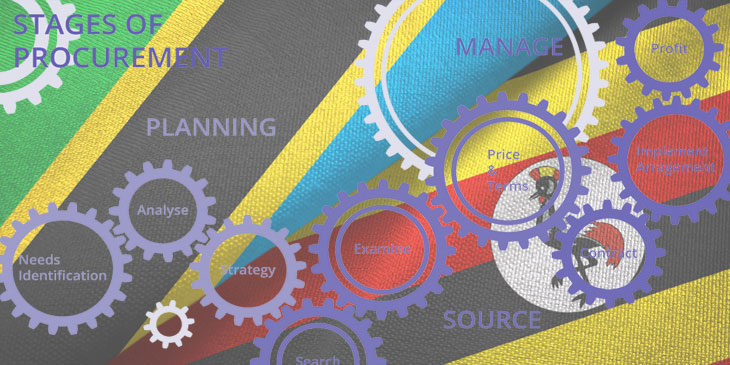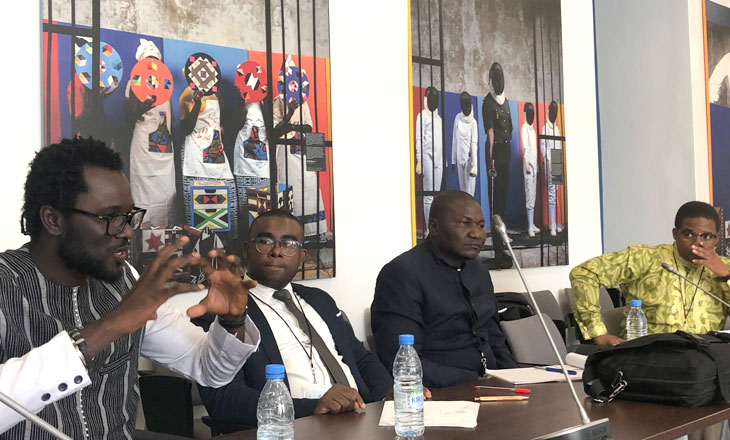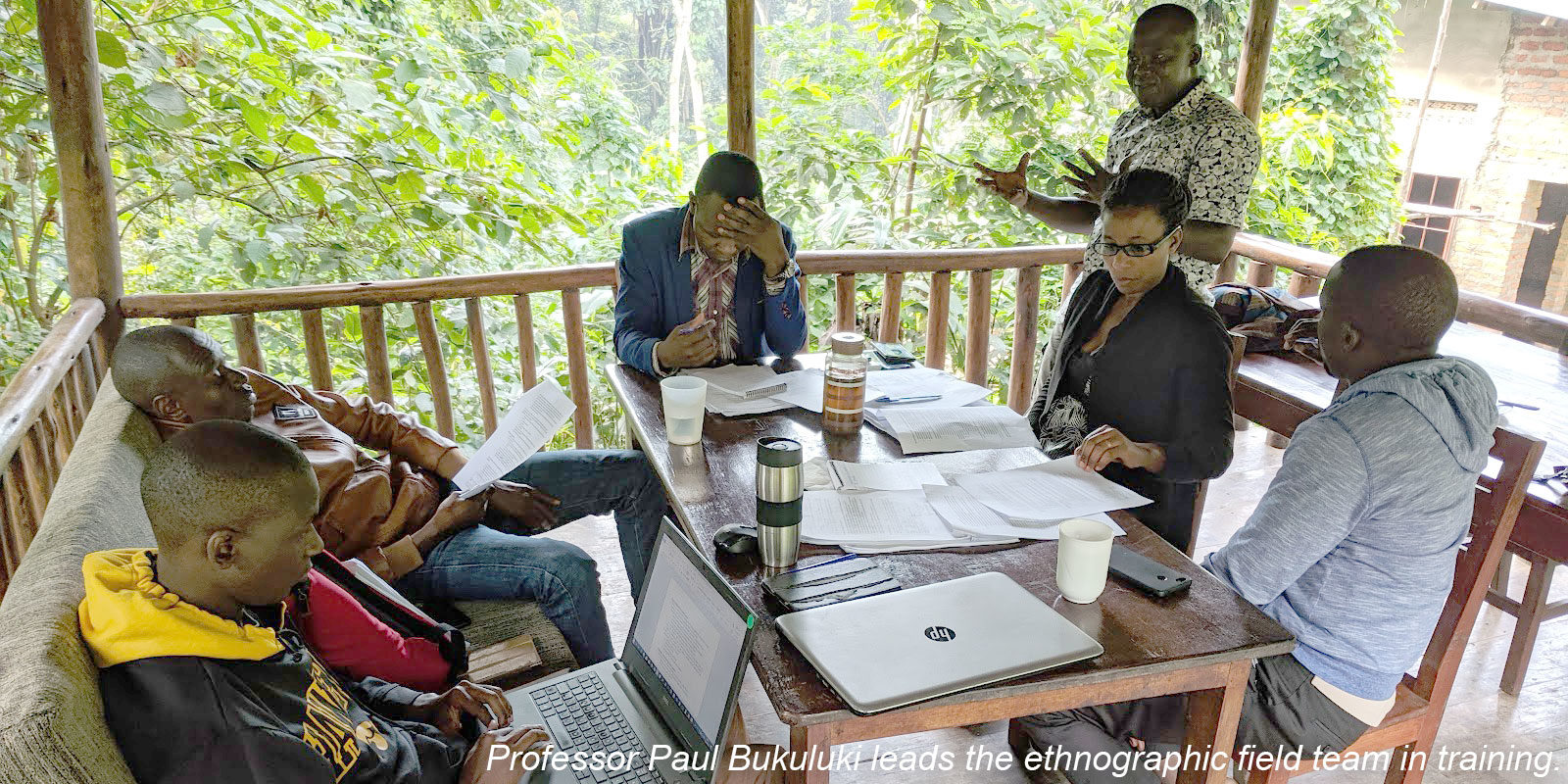Data to impact: Learning to use data to strengthen accountability
In recent years, international donors, not least the members of the Transparency & Accountability Initiative (TAI) collaborative, have invested heavily in governance data. The impact of these investments, however, remains limited. Despite improvements in the quantity of data available in many countries, successful use cases—in which local activists leverage governance data to solve problems related…
Details




